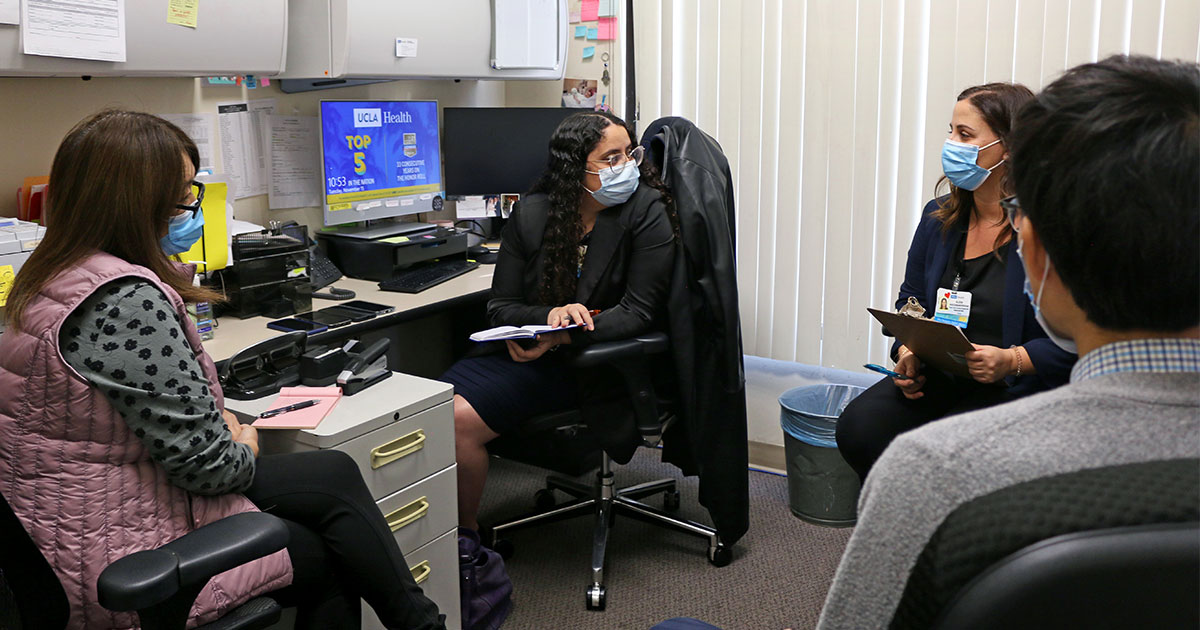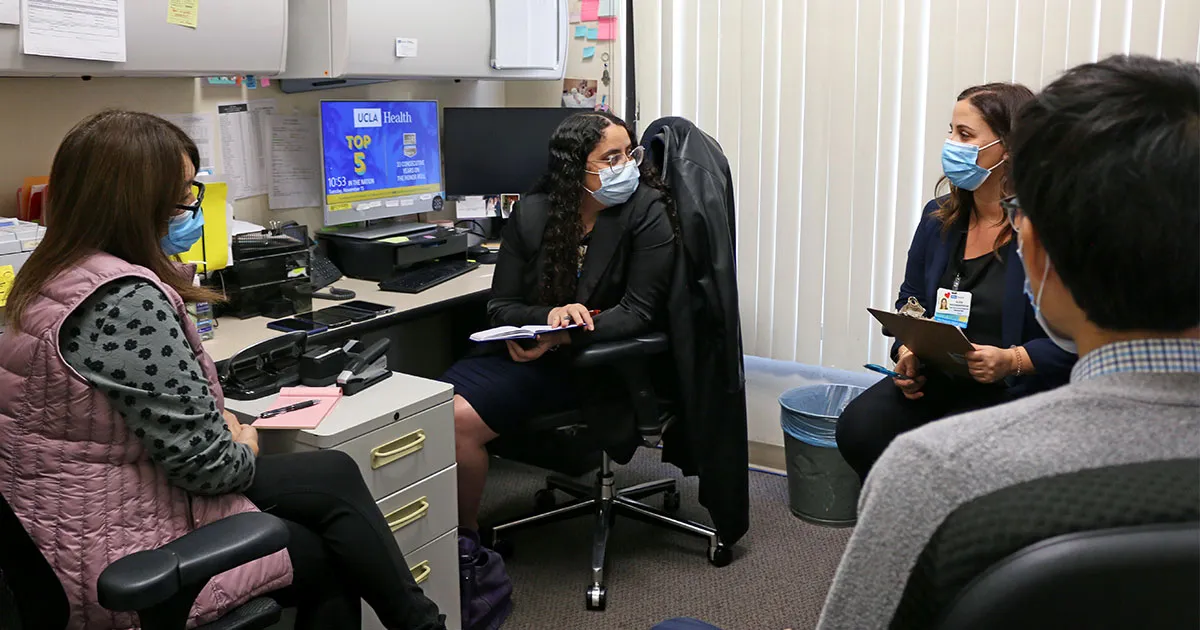Medline supports AIDS Clinical Trials Group mpox study

By Medline Newsroom Staff | June 26, 2023
Mpox is a disease caused by a virus in the smallpox family. Endemic in central and west Africa, mpox symptoms are generally less severe and rarely fatal relative to smallpox. But a global outbreak in the Spring of 2022– including an alarming spike in reported cases in the U.S. – prompted the U.S. Department of Health and Human Services to declare a public health emergency and launch prevention and treatment studies and other rapid response initiatives to address the spread of mpox.
With no existing Food and Drug Administration-approved treatment for mpox, federal agencies approved a phase 3 clinical trial—the Study of Tecovirimat for Human Monkeypox Virus (STOMP)—to determine the effectiveness of treating mpox with tecovirimat (TPOXX), the FDA-approved antiviral treatment for smallpox.
Enter the UCLA-affiliated AIDS Clinical Trials Group (ACTG) to lead the study. ACTG reached out to Medline for help with STOMP implementation requirements and the significant challenges associated with collecting samples across 70+ trial locations around the U.S. and abroad against an accelerated timeline.
The Medline Newsroom asked Kathie Ferbas, PhD, scientific lead, ACTG Lab Center and Timothy Wilkin, MD, MPH, ACTG protocol chair, about the STOMP launch.
- What prompted the development and launch of STOMP? How was the study designed to address the mpox health crisis?
- Dr. Wilkin: The National Institute of Allergy and Infectious Diseases selected ACTG to design and conduct a clinical trial to test the efficacy and safety of tecovirimat. Tecovirimat is a drug that was approved to treat smallpox in the event it was used as an agent of bioterrorism. Prior to the current pandemic, existing data recognized the safety and pharmacokinetics of tecovirimat in people, but the only efficacy data were in animal models of other poxviruses. Tecovirimat was available through an expanded access program as a potential treatment for mpox despite the lack of efficacy data. Establishing the efficacy of tecovirimat would allow for possible FDA approval of tecovirimat for mpox. Then treatment access could be scaled up in the U.S. and around the world.
“From its 30+ U.S. distribution centers, Medline established four regional service hubs to stock the required STOMP lab supplies, making shipping and access to testing materials easier for trial locations.”
Kathie Ferbas, PhD
Scientific Lead, ACTG Lab Center
- What were the logistics involved in the trial launch?
- Kathie Ferber: At the time STOMP launched, there were no commercial mpox testing platforms. The STOMP protocol dictated that all confirmatory diagnostic mpox testing be performed at a central laboratory at the University of Washington, led by Alex Greninger, MD, PhD, MS, MPhil, who took the lessons he learned from COVID-19 to develop and validate an mpox trial assay.
- the ACTG Laboratory Laboratory Center reached out to Medline with the trial outline, lab needs, and pressed timeline required for the trial to open. In those first two weekend days, Medline pulled stock and tapped its network of top vendors to procure sufficient lab materials to launch the study, initially in cities experiencing the most mpox cases at that time – New York City, Los Angeles and San Francisco.
- From its 30+U.S. distribution centers, Medline established four regional service hubs to stock the required STOMP lab supplies, making shipping and access to testing materials easier for trial locations. ACTG and Medline also quickly developed a custom testing kit for standardization and ease.
- With the support of Medline, the initial planning to enrollment of the first study participant in Los Angeles took less than two months. Eventually, more than 70 U.S. sites were brought on, along with trial locations in Peru, Brazil and South Africa.
- Why was it important to study tecovirimat in a study like STOMP? How does the study design address issues particular to the mpox outbreak?
- Dr. Wilkin: STOMP is a rigorously designed phase 3 efficacy trial. This design provides the best evidence for efficacy. We also collect biospecimens to understand other issues such development of resistance, time to loss of infectivity and drug-drug interactions. STOMP addresses unique clinical features of the recent pandemic including proctitis and time to pain resolution. The randomized portion of the trial includes a placebo, which is essential for an unbiased assessment of efficacy. However, we had ample data supporting the safety of tecovirimat through the expanded access program and the prior tecovirimat studies. We did not feel that there was clinical equipoise to justify use of placebo for those with severe disease or severe immune suppression, so we included a study arm where these individuals received open-label tecovirimat with no possibility of placebo.
- What has the ACTG done to ensure broad access to the study?
- Dr. Wilkin: We designed the study to be as inclusive as possible. In partnership with pediatric investigators from IMPAACT, we are enrolling children of all ages with mpox. We can also enroll pregnant and breastfeeding people. Too often these populations are excluded from research. An innovative feature of STOMP is the availability of remote enrollment so that people anywhere in the U.S. can participate. We are also implementing STOMP at multiple international sites. We are working with the CDC and the White House mpox office to ensure that health departments, providers and affected people are aware of STOMP and how to participate.
Learn more about how Medline works to optimize your performance.
Medline Newsroom Staff
Medline Newsroom Staff
Medline's newsroom staff researches and reports on the latest news and trends in healthcare.

